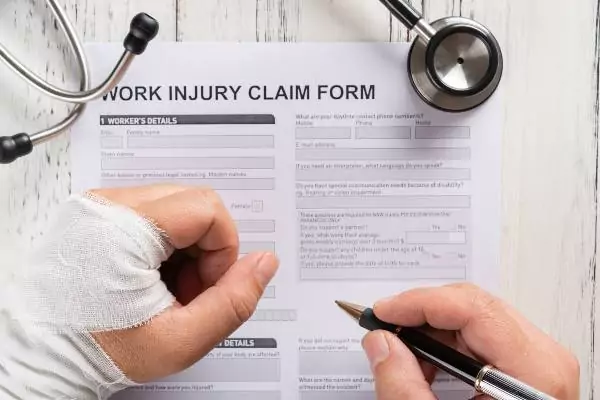Personal injury lawsuits in Pennsylvania are complex; success depends on the foundation of evidence a plaintiff has. The medical records are part of that pool of evidence, which is pivotal in establishing the injured party’s case. Let us examine why your medical records are essential evidence in your personal injury lawsuit.
Medical records play a vital role in the lawsuit.
The role of medical records in a personal injury lawsuit must be considered, and underestimating this piece of evidence has unpleasant consequences. Medical records help establish the extent of the plaintiff’s injuries in court and how they affect their lives.
Furthermore, these records detail the injuries the plaintiff sustained in the accident, as well as the treatment and long-term prognosis. Medical records are critical to demonstrating the causation between the plaintiff’s injuries and the defendant’s negligent or deliberately harmful actions.
They Validate the Severity of the Injuries the Plaintiff Sustained
If you have your medical records, you do not have to explain the severity of your injuries – they do the talking for you. Your medical records validate the severity of your injuries as they contain objective information regarding specialist consultations, diagnostic tests, and radiology reports. They are dependable pieces of evidence as they provide an impartial assessment of the impact of the plaintiff’s injuries on their well-being.
Apart from that, medical records also feature a detailed future prognosis by the physician, which helps establish the long-term consequences of the injuries. The prognosis also establishes the potential need for rehabilitation or ongoing medical care, which can help make your case for higher compensation.
They Prove and Establish Damages and Causation
In a personal injury lawsuit, the plaintiff must prove causation and damages to win maximum compensation. Well-documented and comprehensive medical records can prove these in more ways than one. First, official medical records document the physician’s initial examination of the injuries sustained.
Thus, experts can review the medical records to establish the direct link between the plaintiff’s injuries and the defendant’s actions. They can then use this link to establish liability and hold the at-fault party accountable for their part in the accident.
In addition, the medical records contain detailed information about the treatment the plaintiff received for their injuries. We are talking about every form of intervention received to heal their injury, including surgeries, medications, and physical therapy sessions.
“Medical records not only contain medical prescriptions and treatments; they also detail the cost of those treatments. The court can also see rehabilitation expenses, hospital bills, and ongoing medical care expenditures alongside the injuries,” says attorney Jeffrey P. Lowenthal of Lowenthal & Abrams. With a legal team that knows what they are doing, these records can fetch the plaintiff a high compensation amount.
Setbacks
As invaluable as medical records are to personal injury lawsuits, they also have some limitations. One is that they can be incomplete or inconsistent; some medical professionals overlook specific symptoms. In other cases, a physician may need to include specific crucial details in the records, creating gaps in the evidence.
Medical providers can be potentially biased – a defense attorney can use this to their advantage. As such, the plaintiff’s attorney must carefully review the records and address potential conflicts of interest before using them in court.
Conclusion
Medical records encompass essential details about the injured individual’s injuries, diagnosis, treatment, and prognosis that can impact injury lawsuits significantly in Pennsylvania. However, the plaintiff’s legal team must carefully review the records to avoid being blindsided by the defense’s legal team in court.
Don’t miss the latest updates and alerts visit: Internal Insider!










